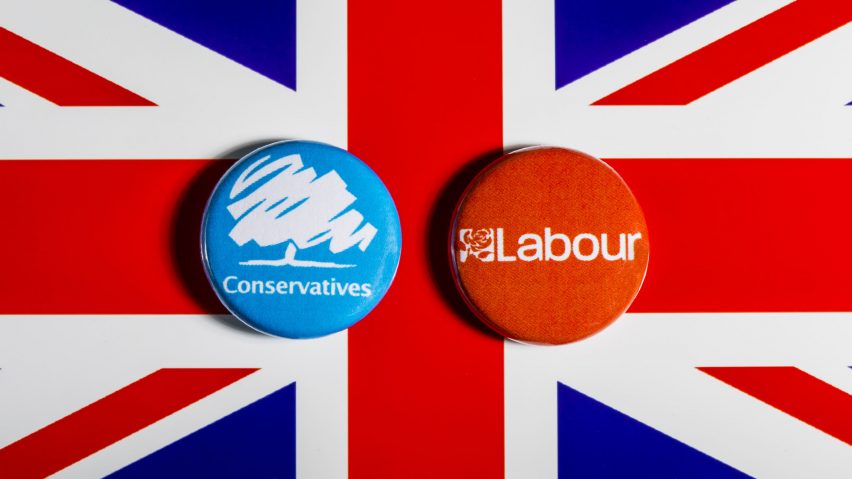The UK has woken up to news of a hung parliament, prompting the Creative Industries Federation to say there is no mandate for a hard Brexit.
Theresa May's Conservative Party lost seats in yesterday's general election, falling short of an overall majority in parliament.
May had called the snap election in April on the grounds of wanting to consolidate support for the government's position in Brexit negotiations, but the Creative Industries Federation (CIF) said this morning that the result showed this support was lacking.
"Today's result raises concerns about the political stability of the UK in the short term," said CIF chief executive John Kampfner. "One thing is beyond doubt, however: Theresa May has seen that there is no clear mandate for the government to negotiate a hard Brexit."
"Federation members were 96 per cent in favour of remaining in the EU when surveyed before the referendum," he continued. "They saw Brexit is a threat to the continued success of the creative industries, damaging growth and the UK's global outlook. This general election vote now offers the opportunity to look at the issue again."
A "hard Brexit" is widely seen as removing the UK from the single market and instating barriers to immigration from the European Union – both of which are expected to cause problems for architecture and design businesses.
May triggered the start of the Brexit process on 29 March. European Commission chief Jean-Claude Juncker has this morning urged the UK not to delay the start of negotiations, which are meant to keep to a two-year timeline.
The Tories remain the largest party in parliament after yesterday's vote, with 318 seats won so far – eight short of the majority needed to form government.
The result is being widely read as a triumph for Jeremy Corbyn's Labour party, which has gained at least 31 seats, bringing it to 261 so far. It is the first time the Labour party has gained seats in an election since 1997.
The Tories will now form a minority government with the support of Northern Ireland's Democratic Unionist Party (DUP).
The CIF believes that, regardless of who forms government, the election result is an opportunity to secure a softer Brexit.
"The Federation will push for the UK to remain in the single market and the customs union and against undue restrictions on free movement, which we know will damage the capacity of the creative industries to deliver. Non-UK EU nationals are an important part of the creative economy."
"We will continue to advocate policies that maintain the UK creative industries' competitive advantage and keep the nation outward-looking and international. It remains vital we secure the best possible deal for the sector during what will be a turbulent period of political and constitutional change.
The organisation lobbies on behalf of creative industries, including architecture and design. It has campaigned against Brexit since before the European Union referendum, having found 96 per cent of its members were against it.
A majority of UK architects were voting for the Labour Party in this year's election, according to a survey published by industry magazine The Architects' Journal.
A number of illustrators also threw their support behind the Labour Party in their pre-election Instagram posts.
Dezeen broke down the three main parties' manifestos, looking at what their policies signalled for the design industries.
We'll be bringing you election reactions from designers and architects throughout the day.

